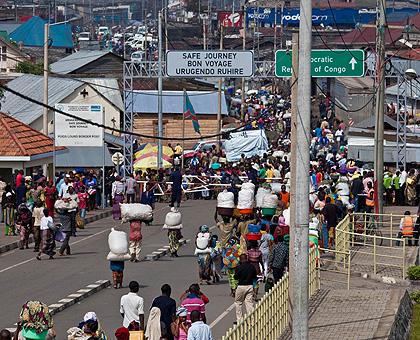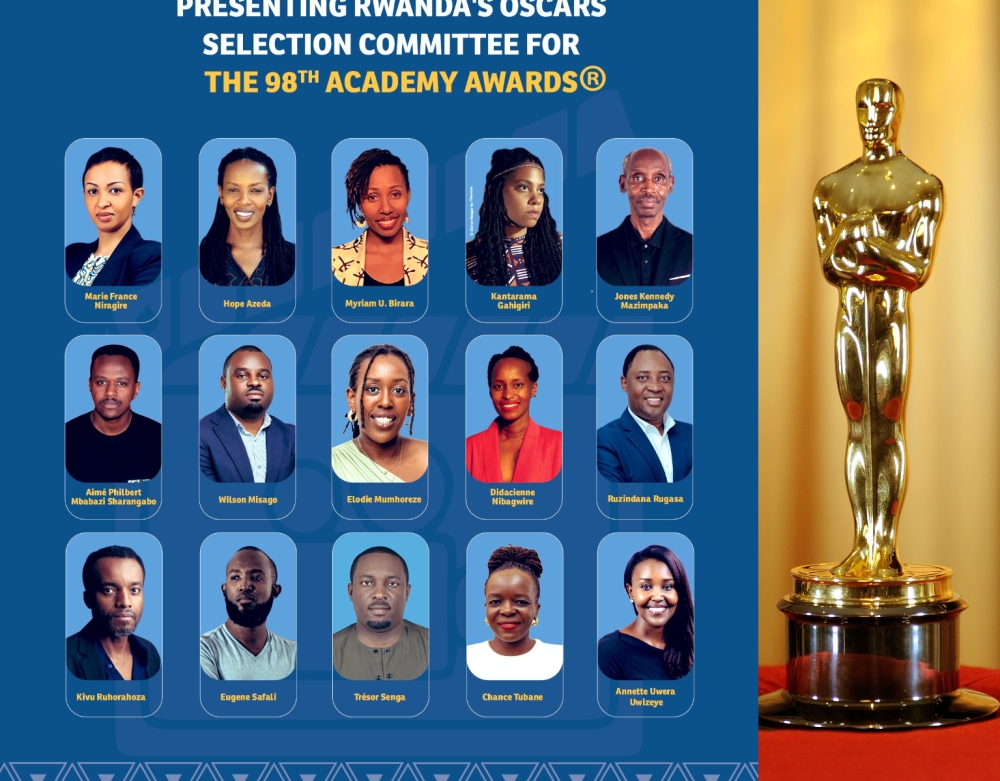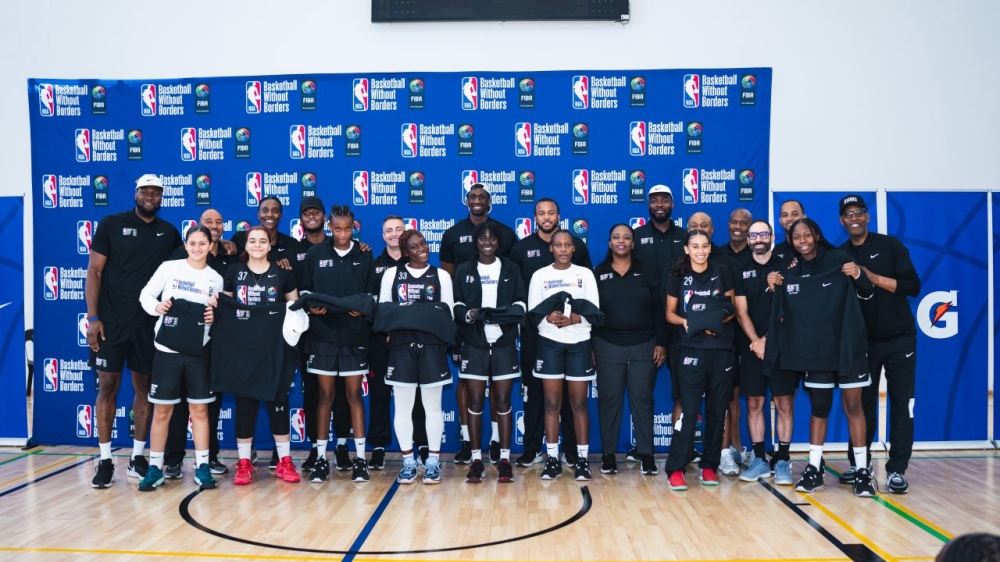The Democratic Republic of Congo is almost as large as Eastern Europe and the third biggest country in Africa. Its four provinces (South Kivu, North Kivu, Ituri, and Maniema) have been a scene of multiple conflicts at local, national and regional levels for at least a decade.


The Democratic Republic of Congo is almost as large as Eastern Europe and the third biggest country in Africa. Its four provinces (South Kivu, North Kivu, Ituri, and Maniema) have been a scene of multiple conflicts at local, national and regional levels for at least a decade. Sam K. Nkurunziza, The Sunday Times’ correspondent in Goma explores the paradox of this ‘endless’ regional conflict.The country’s enormous mineral wealth has failed to transform the living conditions of the local population and instead blamed to be the source of its political instabilities.One school of thought argues that corruption, state weakness and the sheer size of the territory, all present opportunities for various armed groups to constantly wage war against the Government.And that many foreign countries are so interested in the persistence of the conflict that they volunteer to support the rebels.This is reportedly because of the benefits obtained from the country’s mineral resources.Even with the largest and most expensive UN peacekeeping mission in history, MONUC (United Nations Mission for DRC), political stability seems to become a farfetched dream.Both state and non-state fighters are said to engage in human rights abuses against civilians and plunder of natural resources."We have lived in constant fear because neither government forces nor the rebels seem to establish sustainable peace,” Pascal Mustafa, a Congolese who fled to Rwanda during the recent uprising says. Mustafa says people are always worried and they fear that rebels and government forces may never stop engaging in gunfire exchange.Mustafa laments that during such war outbreaks, most shocking is the unparalleled surge in rape cases by militias and soldiers against the local populations.He says that such sexual violence traumatises women and girls, humiliates their husbands and often leads to break-up of families.For these reasons, Mustafa perceives his country as the worst and most neglected humanitarian crisis on earth.The origins of conflicts in the DRC are rooted both in the 32 years of Mobutu rule and in the lack of national cohesion since independence from Belgium in 1960.Throughout the 1970s and 1980s, the country splintered into various city states, which became increasingly isolated from each other as roadways were eroded by neglect, thereby collapsing communication systems.In many parts, conventional administration and the formal justice system disappeared, with several border towns, such as Goma, essentially becoming economic appendages of neighbouring countries.After the fall of the Mobutu regime, a rift between newly instated President Laurent Kabila and his former allies preceded to cause a new rebellion, once again dragging the country into a vast battleground.Since then, rebel groups have remained active in the four eastern provinces the DRC.In 2004, rebel fighting in the DRC intensified and widespread riots began in protest in response to the UN’s failure to act.Over 5 million people are estimated to have been killed and 3 million forced to flee their homes. The dissatisfaction of the remaining faction of Congolese eventually resulted into the assassination of President Kabila thereafter.The 2006 first free election in 40 years saw Joseph Kabila become President, but he also seems to have failed to deliver international expectations of peace until the recent sporadic violence by M23 rebels.Their advance had triggered panic among many Congolese but lucky enough they have agreed to hold talks with President Kabila so as to stop worsening the humanitarian catastrophe.This could be a ray of hope that the Congo crisis will end soon but one may fail to understand why Kabila, among all places, runs to Uganda’s Museveni and Rwanda’s Kagame yet he accuses them of supporting his enemy.Having seized the city of Goma, observers say Kabila should heed to the rebels’ demands if he is to redeem the lives of his people.Critics say that after all, Kabila has not been smart enough to harmonise the interests of the Congolese in his 7-year rule.The United Nations believed that a rebel attack on Goma would lead to a humanitarian catastrophe but regional leaders have combined efforts to solve it.What remains a mystery is the existing sanctions against more M23 commanders, which were partly responsible for the renewal of M23’s military campaign in DRC.




